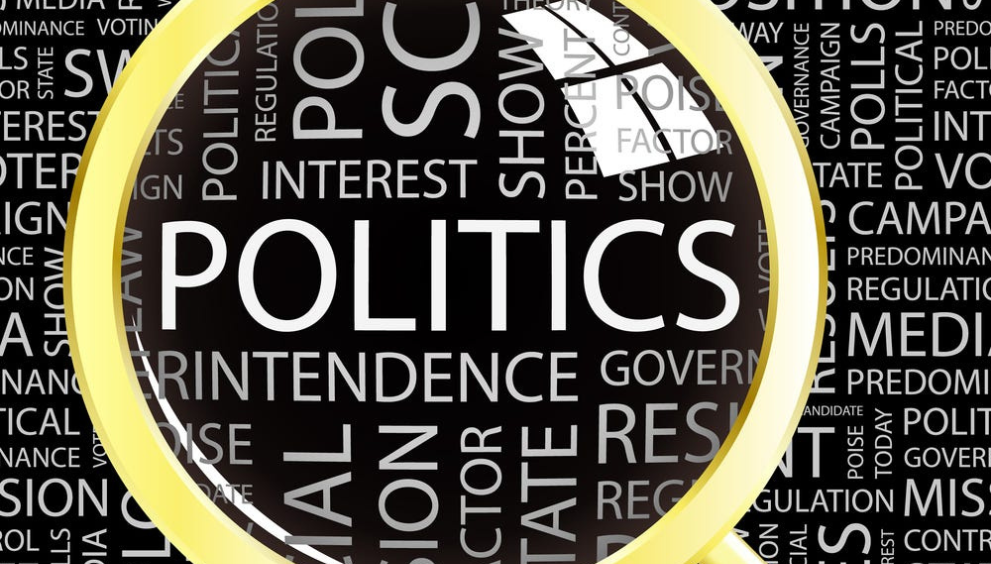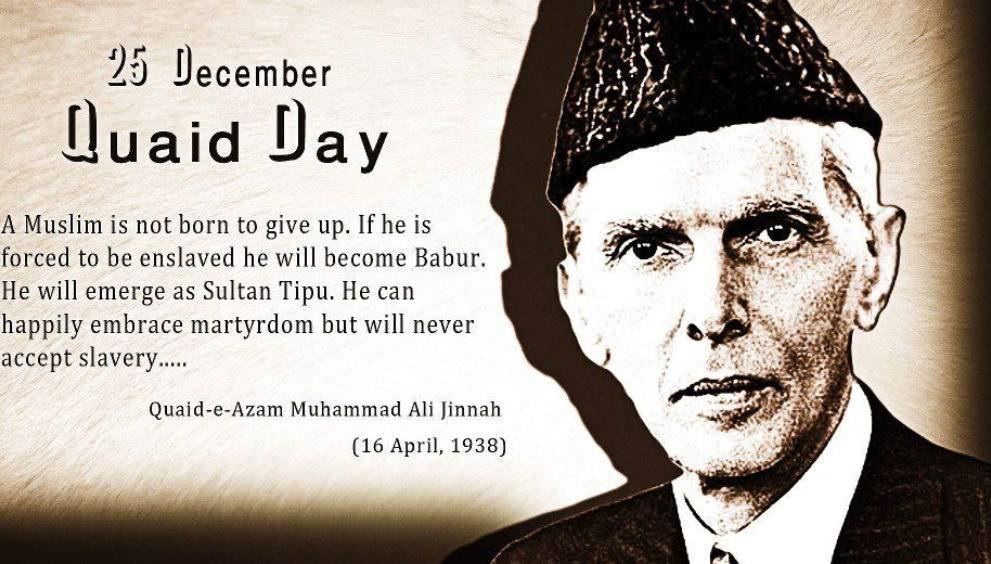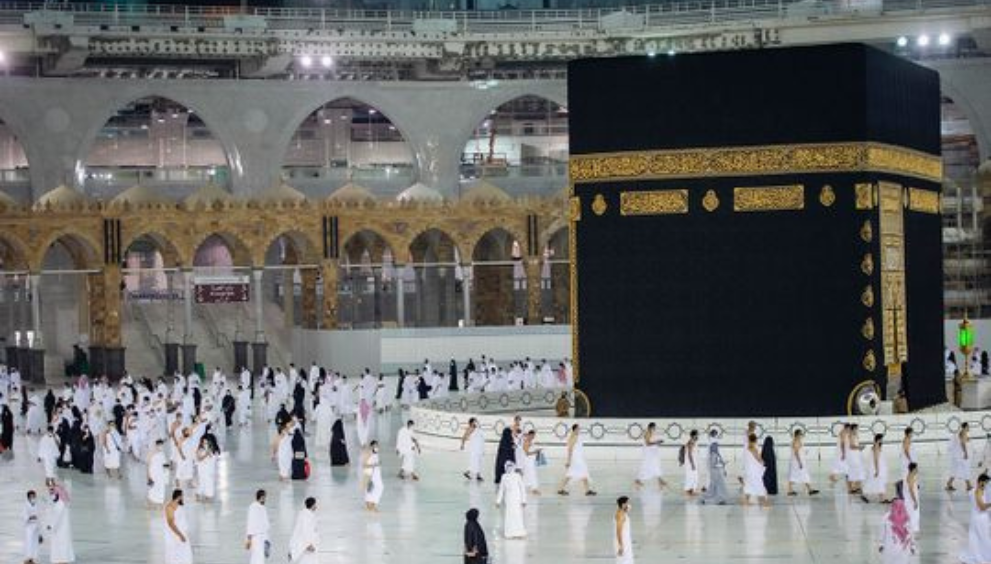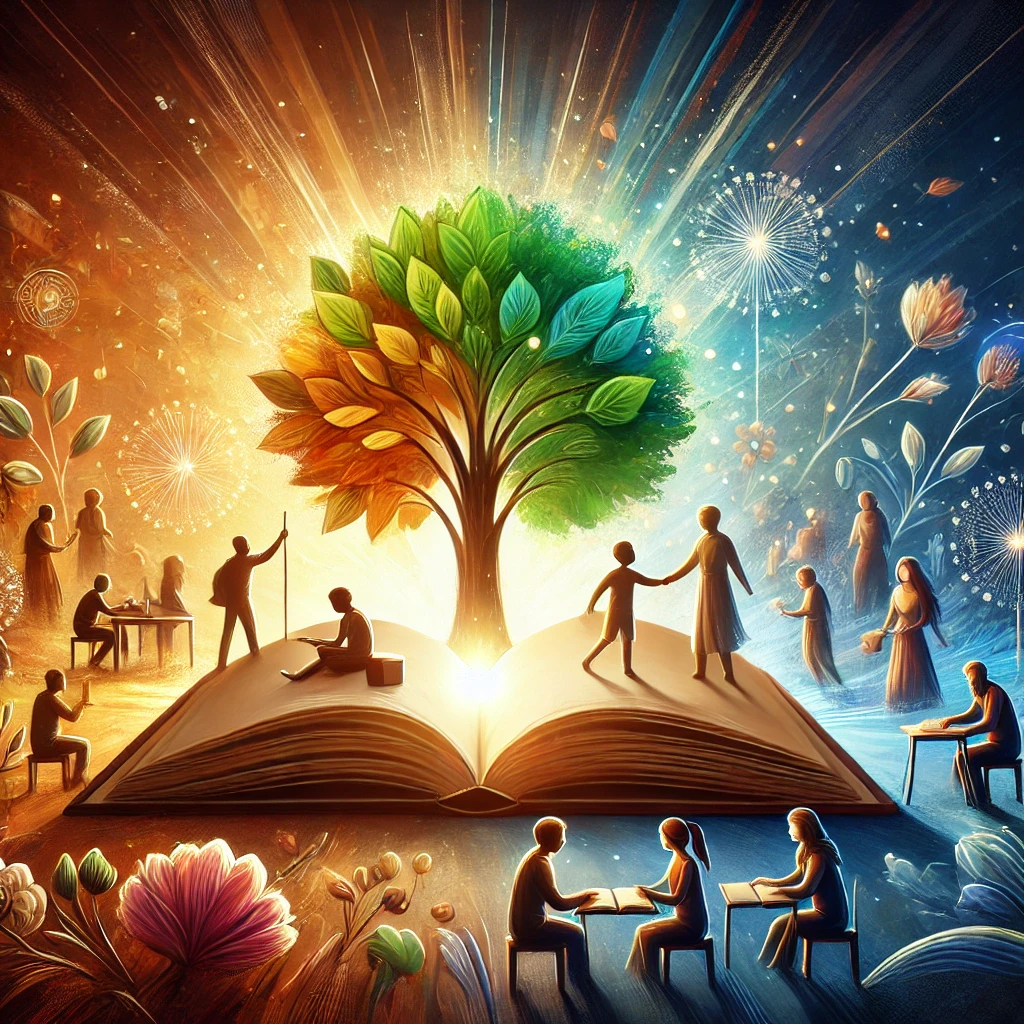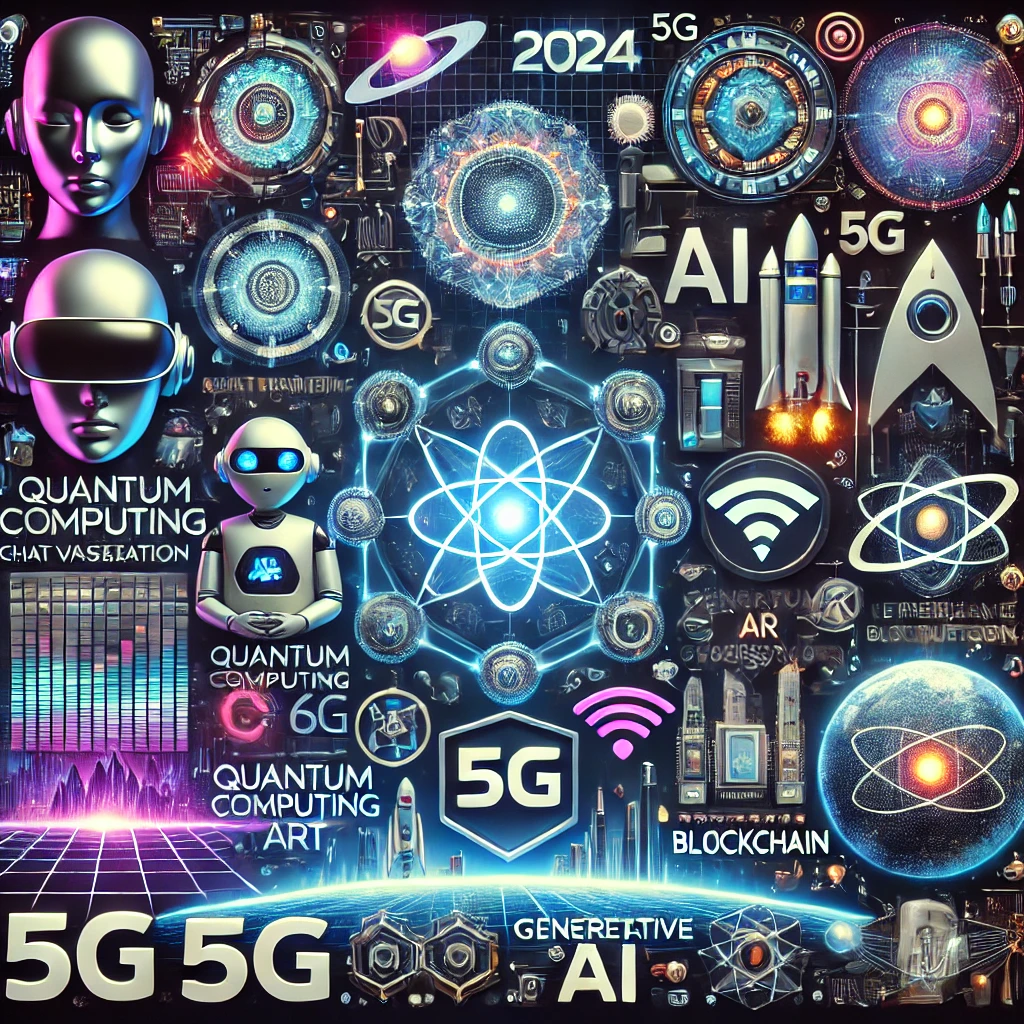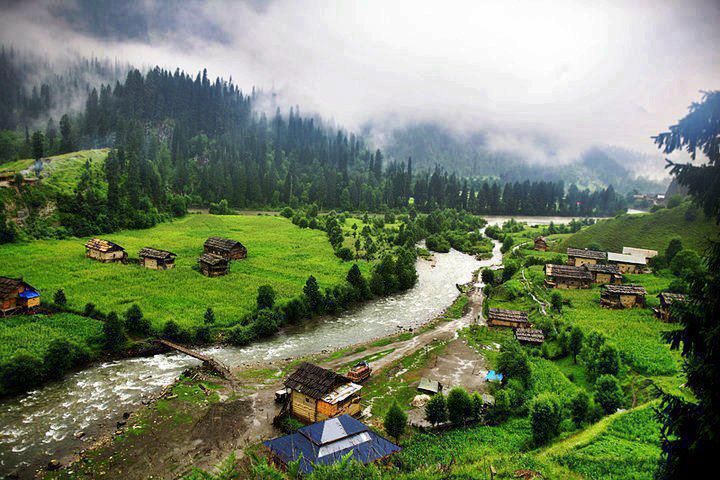Welcoming 2025: Traditions, Reflections, and Resolutions
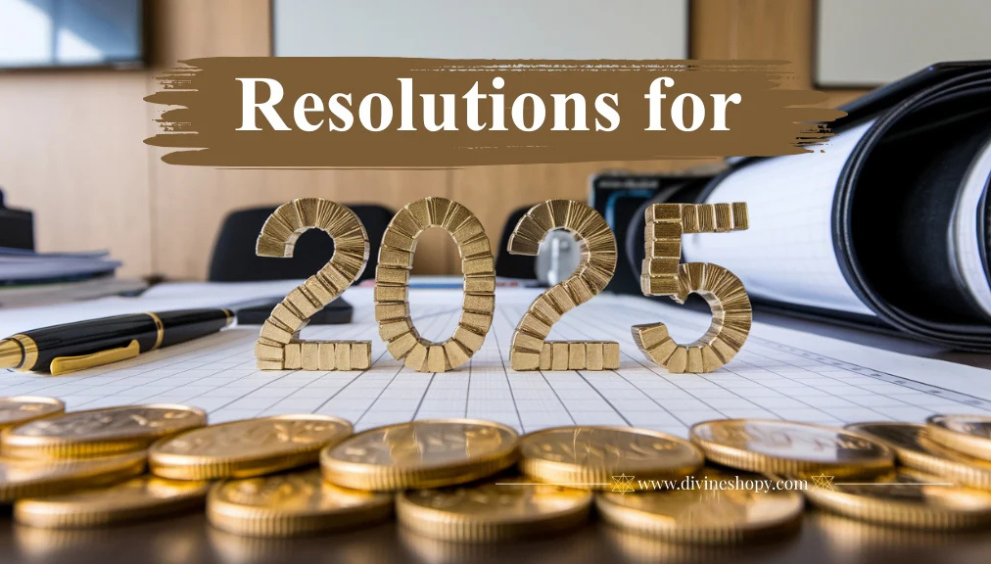
Welcoming 2025: Traditions, Reflections, and Resolutions
Welcoming 2025 As the clock strikes midnight on December 31st, 2024, people around the world will greet 2025 with celebration and excitement. The New Year signifies a fresh start, filled with new opportunities, goals, and aspirations. But what makes the arrival of 2025 so special, and how do we celebrate this occasion across cultures? Let’s take a closer look at the history, traditions, and resolutions that make the New Year meaningful.
The History of New Year Celebrations
The tradition of celebrating the New Year dates back thousands of years. The earliest known celebrations occurred in ancient Mesopotamia, where the start of the new year marked the arrival of spring. Over time, different civilizations developed their own ways to celebrate, and the Julian calendar, introduced by Julius Caesar in 45 B.C., set January 1st as the official start of the year. This tradition has continued into the present day, as we prepare to step into 2025.
Global New Year Traditions
New Year’s Eve and New Year’s Day are celebrated with unique customs in different parts of the world. These traditions reflect the values, culture, and history of each country.
Spain: One of the most famous traditions in Spain is the practice of eating 12 grapes at midnight—one for each chime of the clock. This tradition is believed to bring good luck for each month of the upcoming year.
Japan: In Japan, New Year’s is a deeply spiritual occasion. People participate in the “Joya no Kane” ceremony, where temple bells are rung 108 times to symbolize the cleansing of 108 earthly desires.
Brazil: In Brazil, wearing white clothing on New Year’s Eve is believed to bring peace and good fortune for the year ahead.
Scotland: In Scotland, “Hogmanay” is a grand celebration that involves singing “Auld Lang Syne,” fireworks, and the tradition of “first-footing,” where the first person to enter a home after midnight brings good luck.
New Year Resolutions: A Tradition of Self-Improvement
The New Year is not only a time for celebration but also a moment for self-reflection. Each year, millions of people make New Year’s resolutions, aiming to improve their lives in various ways. Common resolutions include losing weight, exercising more, saving money, or learning something new.
While making resolutions can be a positive step towards self-improvement, it’s essential to set realistic and achievable goals. For example, rather than aiming for vague goals like “be healthier,” it’s more effective to set specific actions such as “exercise for 30 minutes a day” or “cook five home-made meals a week.” Setting smaller, measurable goals can help turn New Year’s resolutions into lasting habits.
Reflecting on the Past Year
Before we move forward into 2025, it’s important to take a moment to reflect on the past year. What challenges did you face in 2024? What accomplishments are you proud of? Reflecting on these moments can help us appreciate how far we’ve come and provide valuable insights into how we can move forward into the new year with intention.
As we let go of past struggles, we can focus on the lessons learned and carry that wisdom into 2025.
Looking Ahead to 2025: A Year of Possibilities
The arrival of 2025 is a reminder that the future is full of potential. It’s a time to set new goals, make new memories, and embrace all that the new year holds. Whether you are celebrating with family, friends, or in solitude, the New Year offers a chance to embrace change, take risks, and begin new chapters in our lives.
As we step into the year ahead, let’s approach 2025 with hope, positivity, and an open heart. This year is a chance to make lasting memories, grow personally, and live with intention.Read more informative blogs
Conclusion
2025 is upon us, and with it comes the opportunity for new beginnings. Let’s embrace this fresh start with gratitude for the past year, excitement for the future, and a determination to make the most of every moment. Happy New Year to all

 English
English 